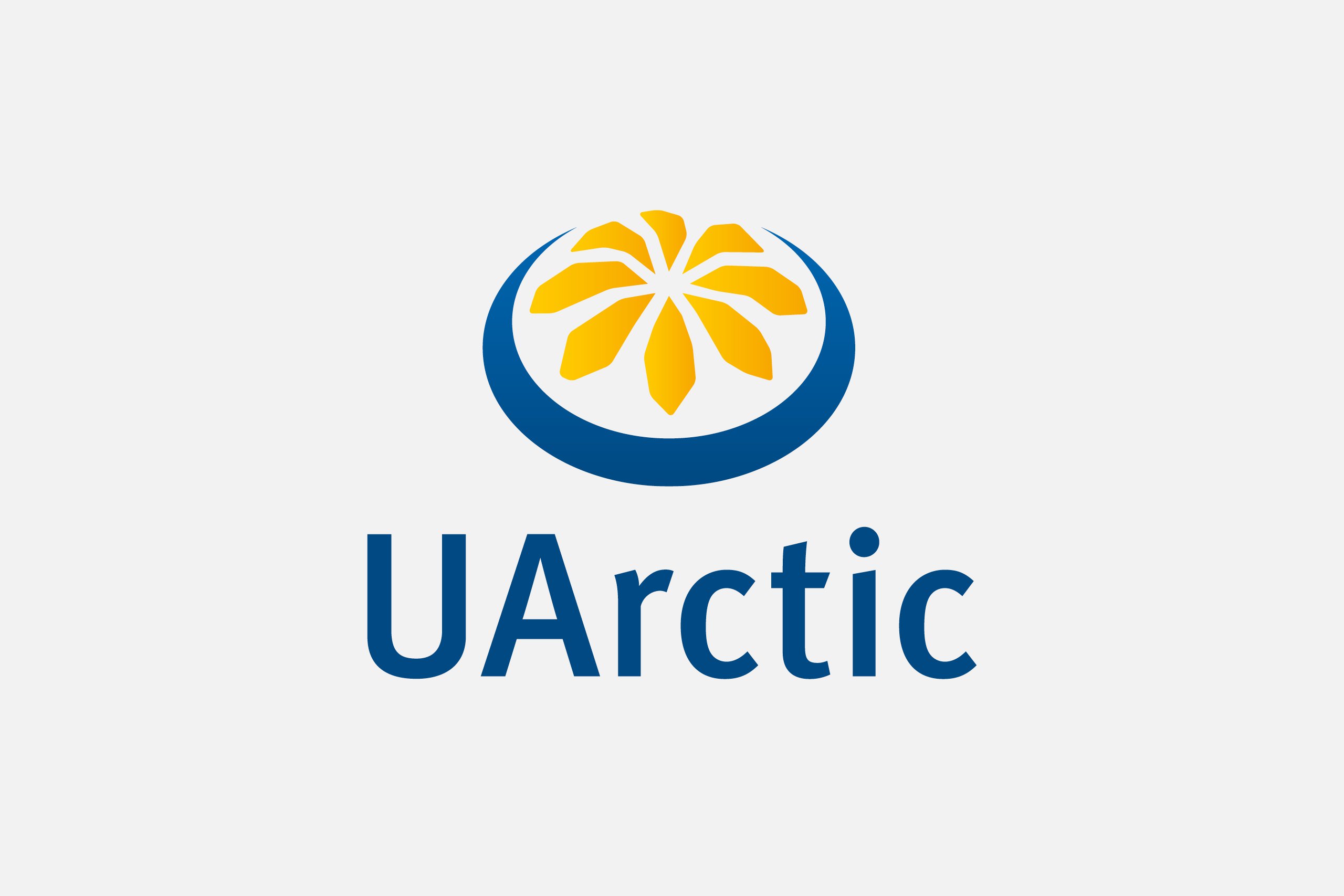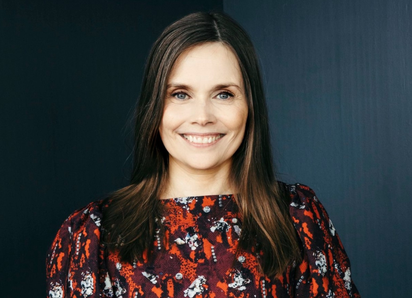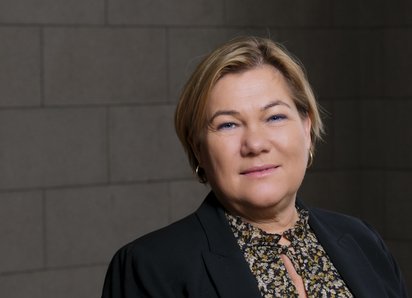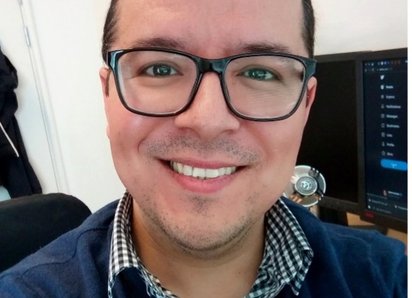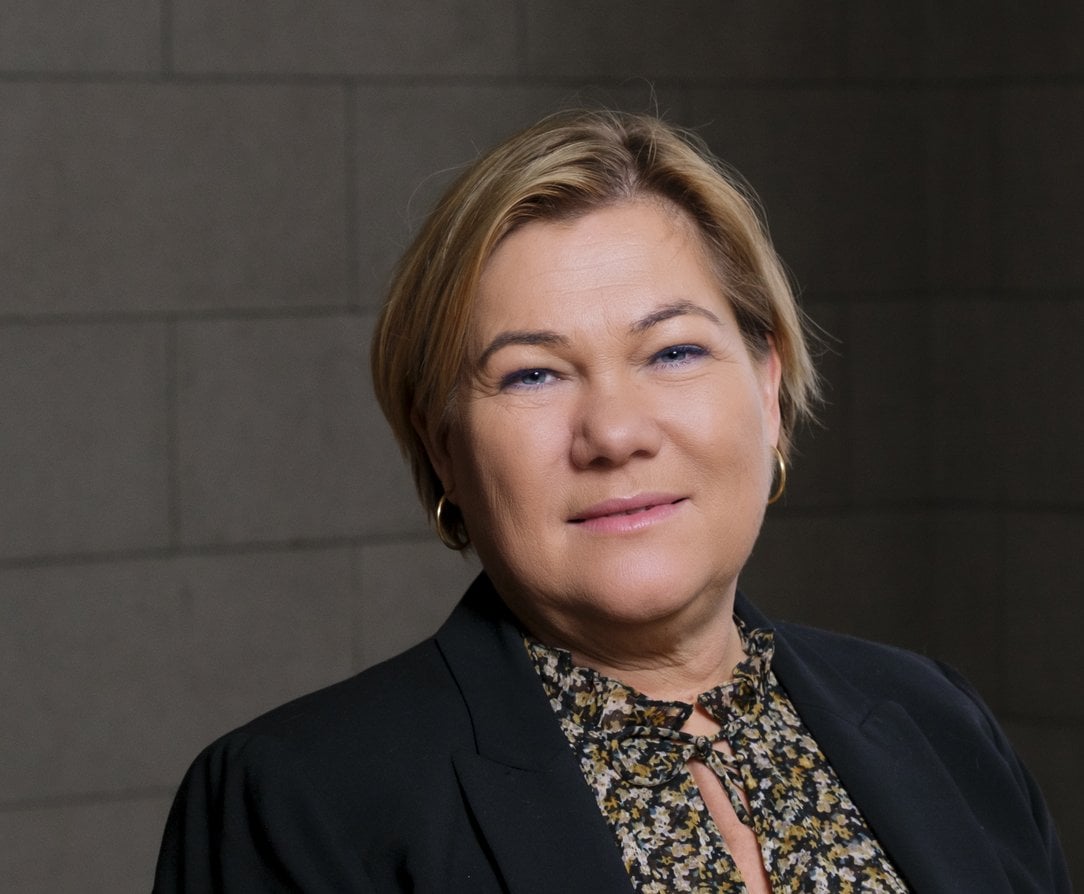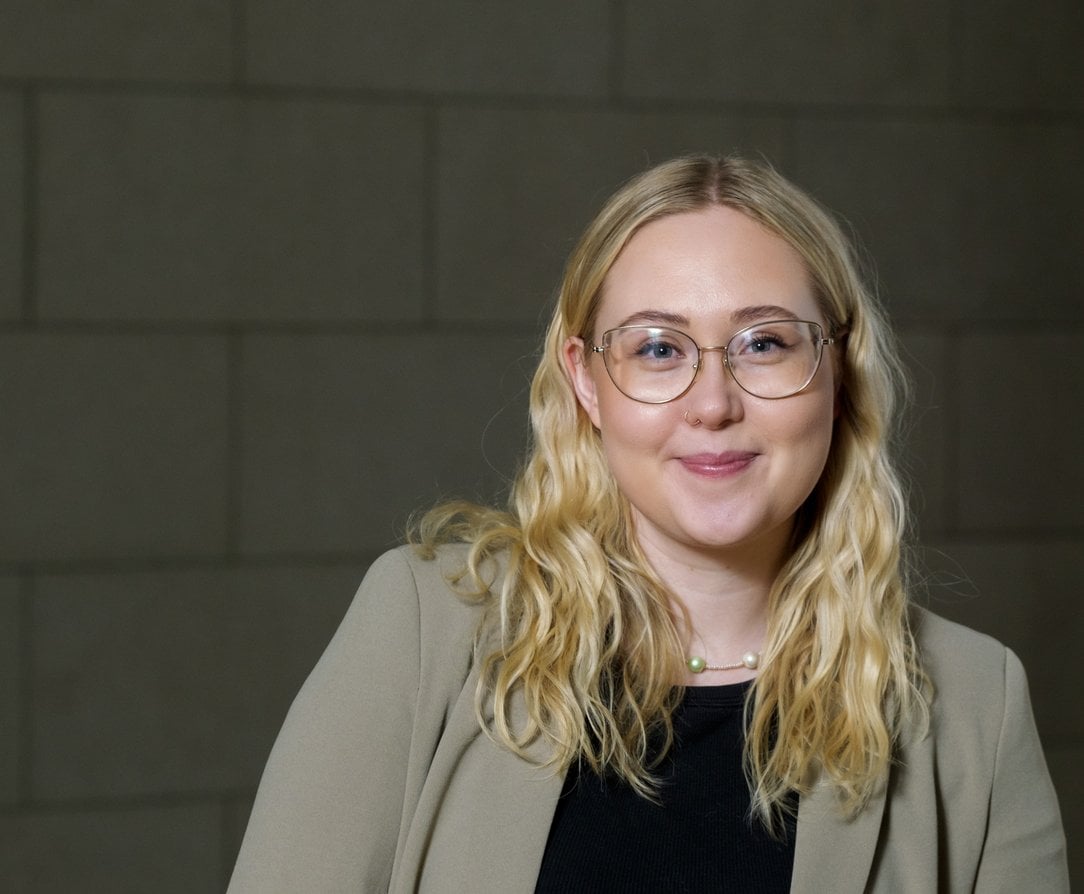
Arctic Challenges: Navigating Shared Futures
Centre for Arctic StudiesLeading into the Arctic Circle Assembly 2025, the University of the Arctic and the University of Iceland hosted its annual conference focused on the Arctic region in the Ceremonial Hall at the University of Iceland. Bringing together leading scholars, policymakers, and community advocates to explore the urgent challenges facing the Arctic.
This annual event brings together leading scholars, policymakers, and community advocates to discuss urgent challenges facing the Arctic region. This year’s conference focuses on four interconnected themes: Arctic governance and security, the cryosphere, resilience in rural communities, and academic collaboration across the Circumpolar North.
As climate, geopolitical, and societal shifts accelerate, the Arctic is increasingly at crossroads. Can Arctic governance structures adapt to mounting security pressures? How are communities coping with the rapid loss of sea ice, glaciers, and permafrost? What are the long-term implications for those living in the Arctic? How can Arctic higher education institutions deepen their collaboration amid geopolitical tensions and build capacity for Arctic youth?
These questions demand interdisciplinary dialogue and collaborative solutions. This conference aims to foster an open discussion, drawing on diverse knowledge and institutional perspectives.
Full programme and recodings from each session below
Welcome Remarks by Silja Bára Ómarsdóttir, Rector of the University of Iceland. Followed by Opening Remarks by Lars Kullerud, President of UArctic
As global powers ramp up their strategic interests in the Arctic, longstanding pillars of cooperation like the Arctic Council are under strain. This session examines the effects of rising geopolitical tensions and shifting alliances on scientific cooperation and regional stability. With the return of hard geopolitics—exemplified by Russia’s war in Ukraine and wavering U.S. multilateralism—what are the prospects for future cooperation?
Moderated by Pia Hansson, Director, Institute of International Affairs at the University of Iceland
Keynote: John Holdren, Research Professor in Harvard University’s Kennedy School of Government, Science Advisor to President Obama and Director of the White House Office of Science and Technology Policy, 2009-2017
The Arctic cryosphere—its glaciers, permafrost, and sea ice—is vanishing at an alarming pace, with profound consequences for ecosystems, infrastructure, and cultural heritage. This panel discusses the cascading effects of cryospheric degradation and highlights how interdisciplinary research, and cooperation can support Arctic communities on the frontlines of environmental transformation.
Moderated by Guðmundur Ingi Guðbrandsson, Environmental manager and former minister
Keynote | Learning from the Past
Keynote adress, Alex Stitt, Director of the Heritage Centre, Lloyd's Register Foundation
Across the Arctic, rural and Indigenous communities are experiencing increasing strain from environmental degradation, underfunded infrastructure, limited health access, and policies that often fail to consider local perspectives. This session brings together researchers and practitioners to examine the consequences of environmental regulations, urban migration incentives, and public health inequalities in remote areas.
Moderated by Bjargey Anna Guðbrandsdóttir, Administrative Officer, Faculty of Education and Diversity, University of Iceland
As highlighted in the previous sessions, the Arctic faces unprecedented environmental, societal, and geopolitical change, demanding new skills, stronger institutions, and deeper knowledge-sharing. Higher education in the Arctic, about the Arctic, is critical to ensuring knowledge sovereignty, empowering Northern leadership, and fostering sustainable futures.
This session brings together UArctic Chairs, educators, and researchers from across the Circumpolar North to highlight innovative programs, Indigenous-centered curricula, joint degrees, and mobility initiatives that strengthen capacity for Arctic youth and communities. Panelists will explore how universities can move beyond existing partnerships towards truly integrated, pan-Arctic collaboration, building resilient, knowledge-based societies ready to meet the challenges of a rapidly changing North
Moderated by Ann-Sofie Nielsen Gremaud, Associate Professor of Danish, University of Iceland

